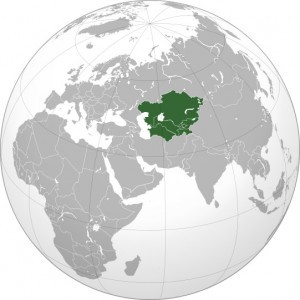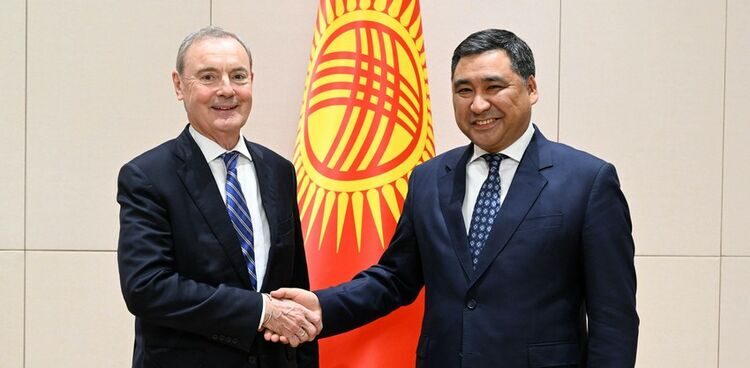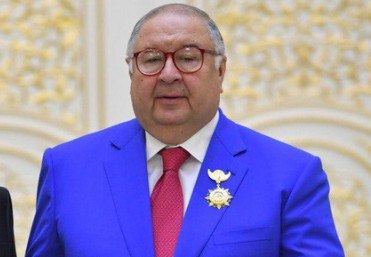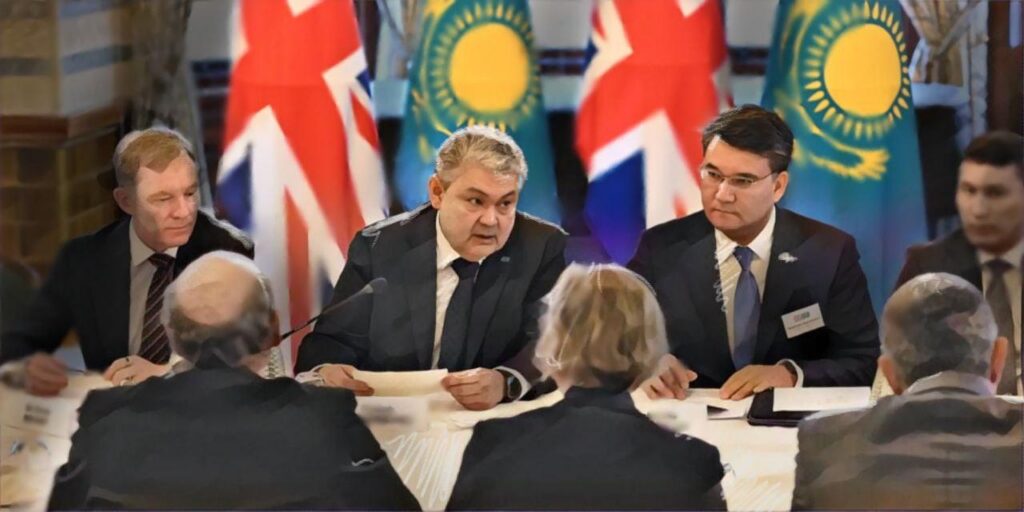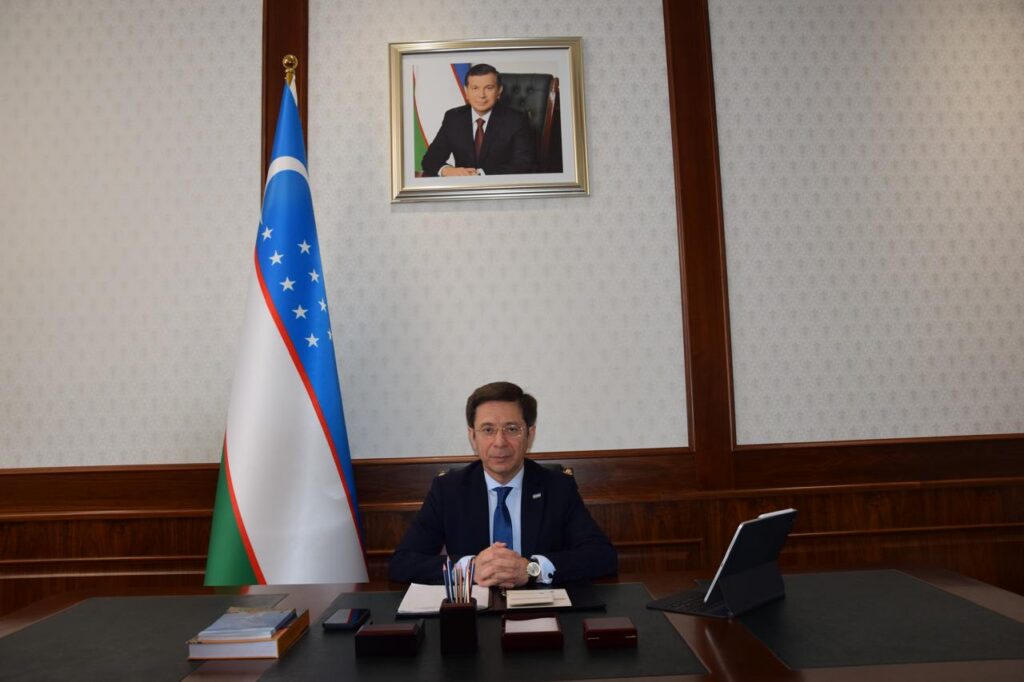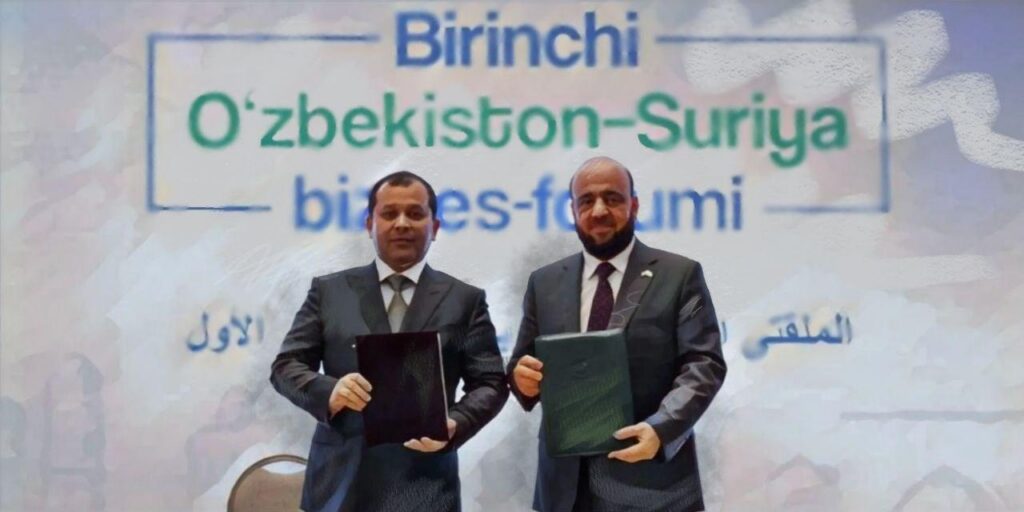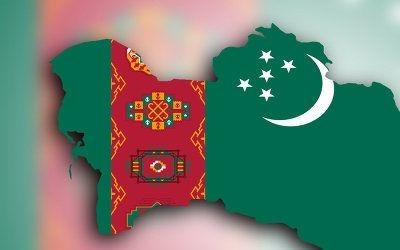BISHKEK (TCA) — The Times of Central Asia presents to its readers Stratfor’s Global Intelligence, a weekly review of the most important events that happened in the world — from Europe to Middle East to Russia to Central Asia to Afghanistan to China and the Americas.
The Week that Was
Back to Escalation in Syria
With the collapse of the Syrian cease-fire, the United States and Russia are back on a path to escalation. Moscow thought it could continue a strategy to leverage the Syrian and Ukrainian conflicts in negotiations with Washington, but U.S. patience is wearing thin. Russia seemed to be taken aback when U.S. Secretary of State John Kerry threatened to cut off dialogue unless Russia stopped bombing Aleppo, responding angrily that by backing the rebels, the United States would spawn a global terrorist movement that could attack Russia. The reality is that the United States cannot afford to completely cut off dialogue with Moscow since it still needs to mitigate clashes on the battlefield, especially now that Turkish forces are in Syria moving southward where they could soon come up against loyalist frontlines. The United States will work to maintain agreements to deconflict with Russia even as it eschews cease-fire efforts for now and focuses instead on increasing military support for its rebel proxies. As the fight in Syria intensifies amid souring U.S.-Russian relations, a vulnerable Turkey will put extra effort in maintaining its own understanding with Russia. This could set up an interesting negotiating opportunity for Russian President Vladimir Putin when he visits Turkey on Oct. 10.
Meanwhile, Russia will be motivated to drive ahead with a loyalist offensive in Aleppo. However, Russia’s actions are also raising questions in Europe. In addition to human rights concerns, European leaders are trying to maintain a fragile agreement with Turkey to stem refugee flows. An escalation in the Syrian civil war is bound to stress that arrangement as Turkey argues that not enough is being done on the European side to compensate Ankara for its migrant management services. Both EU foreign affairs chief Federica Mogherini and British Foreign Secretary Boris Johnson suggested this week that the European Union could consider new sanctions on Russia for war crimes in Syria. Ironically, all the effort that Russia has made to link cooperation in the Ukraine and Syria to draw out concessions from the West is now backfiring. If European leaders join the United States in applying additional sanctions on Russia over Syria, then Russia’s recent efforts to de-escalate the conflict in eastern Ukraine will be for naught.
Still, we expect Europe will not be unified over the potential for Syria-related sanctions. Germany is still trying to keep things calm with Russia. And even though the United Kingdom tends to follow the United States on such matters, it, like Germany, is coming under scrutiny over concentrations of Russian “dark money” that could have a destabilizing effect on its economies.
Deutsche Bank Under Fire
Indeed, Deutsche Bank, already contending with a scandal over Russian money laundering, was the most-discussed company this week, but not for reasons it might have chosen. With the U.S. Department of Justice having revealed plans for a $14 billion fine, considerably more than Deutsche Bank expected, to settle civil claims related to mortgage-backed securities, the markets reacted by driving the German lender’s share price down to a 30-year low. This sparked rumors and worried talk of a government bailout of the bank. In truth, the danger of financial contagion is considerably reduced compared to 2008, with banks much better capitalized and with liquidity considerably more abundant. Deutsche Bank has various steps it can take before requesting government money, with the likeliest outcome being that it will take advantage of Germany’s Oct. 3 bank holiday and find a source for a capital injection that will help calm the markets. Nevertheless, with unconventional monetary policies, stricter regulations and government fines providing increasingly unprofitable surroundings for banks, it is likely that Deutsche Bank will not be the only famous lender to struggle in the coming months and years.
Deutsche Bank is just one of many migraines for German politicians: EU politicians are getting comfortable talking about treaty change in the European Union. Since the beginning of the economic crisis almost a decade ago, EU members have avoided the issue of treaty change out of fear of its consequences at a time of political fragmentation and rising Euroskepticism. But the Brexit referendum convinced EU members of the need to reform the bloc to keep it alive. Former French President Nicolas Sarkozy said on Sept. 28 that, if elected president in 2017, he would immediately visit Germany to discuss a new treaty. The Visegrad Group (Poland, Hungary, the Czech Republic and Slovakia) and the Italian government have already said they will present their own proposals for treaty change. But treaty change will not take place any time soon. France, Germany and the Netherlands hold general elections in 2017, so serious negotiations will not start until 2018 at the earliest. But next year, proposals and ideas to inject new life to the European Union will proliferate, including plans to weaken central institutions in Brussels, a change of direction after six decades of integration.
A Busy House of Saud
This was a big week for the Saudis. At the Algiers summit, OPEC members made an informal agreement to cut crude oil production roughly 33.24 million barrels per day (bpd) to between 32.5 million and 33 million bpd. Despite the plunge in oil prices in 2014, this would mark the first time the cartel has actually coordinated on production since the height of the financial crisis in 2008. Many are framing the developing OPEC compromise as Saudi Arabia ditching its slow and steady market rebalancing strategy and returning to intervention tactics. But the cut, if all players even follow through with the terms at the next OPEC meeting in November, is marginal and will end up having a limited impact on price. OPEC producers are already producing at or near max capacity and Iran will continue to resist a limit to pre-sanctions production levels. Additional supply coming from Nigeria, Iraq, Libya and Kazakhstan — which could add more than 800,000 bpd over just a couple months — threatens to depress oil prices further. And with winter approaching, Saudi Arabia already had room to lower production from its summer surge levels, just as it did the year before. Saudi Arabia is essentially working to manage the downside of the market, but still faces the same constraints in reacting to highly reflexive U.S. producers that can bounce back from even modest price increases.
While making small adjustments to its oil strategy, Saudi Arabia is also taking some notable reform steps. One of the biggest items on the Saudi “To Do” list is to pare down the country’s bloated public sector, which employs two-thirds of the Saudi labor market, to rein in spending and give new life to the private sector. To this end, a royal decree this week slashed government ministers’ salaries by 20 percent and housing and car allowances for Shura Council members by 15 percent. Wage increases were suspended for lower-ranking civil servants and overtime payments and annual leave have been capped. Yet, even as the House of Saud is taking steps to re-adjust its social contract with its citizenry, it is being cautious to mitigate the potential for unrest. For example, the Saudi Arabian Monetary Agency has “obliged” local banks to reschedule consumer loans for those who had their salaries slashed by 20 percent.
On the foreign policy front, Saudi Arabia bristled this week after the U.S. Congress passed the Justice Against Sponsors of Terror Act (JASTA) in the first successful override of a presidential veto of U.S. President Barack Obama. But a number of lawmakers following the passage of the bill, which would allow families of 9/11 victims to sue Saudi Arabia, are now expressing the same concerns espoused earlier by the administration that the legislation could undermine the principle of “sovereign immunity” that insulates U.S. officials operating in foreign countries. Further amendments are likely to be negotiated to reduce the scope of the legislation. While another sticking point in an already tense U.S.-Saudi relationship, the passing of JASTA is not going to lead to a fundamental breach. Saudi Arabia not only relies on U.S. military backing in the region, but it is also not keen on escalating a spat that could undermine investor interest in the kingdom even as it tries to reform. Saudi Arabia has also backed off earlier — largely empty — economic threats to withdraw its U.S. investments and cash in on U.S. debt.
Trouble on the Line of Control
A military exchange between India and Pakistan may point to an unprecedented shift in Indian retaliatory tactics in Kashmir. On Sept. 29, India allegedly sent paratroopers into Pakistan-administered Kashmir to launch a “surgical strike” against several terrorist bases New Delhi claimed were being used to plot a cross-border attack. Two Pakistani troops and 38 militants were killed in the exchange, according to India. While Pakistan confirmed the death of its soldiers and acknowledged the exchange of gunfire, it denied that Indian soldiers crossed into Pakistani territory. If true, such an incursion would mark a break with India’s long-standing doctrine of “strategic restraint,” refraining from sending forces into Pakistan. Ahead of state assembly elections in Uttar Pradesh, Indian Prime Minister Narendra Modi has been under political pressure to retaliate against Pakistan in response to the deadly Sept. 18 attack against an Indian army base in Uri. In addition to its military response, New Delhi is also working to economically punish and diplomatically isolate Pakistan. India announced that it is boycotting the South Asian Association for Regional Cooperation summit to be held in Islamabad on Nov. 9. (Bangladesh, Bhutan and Afghanistan even followed suit.) Modi also said he would review the Indus Water Treaty and threatened to invoke the World Trade Organization’s dispute resolution mechanism over Pakistan’s refusal to reciprocate Most Favored Nation status to New Delhi. Even as New Delhi has taken a notable step in responding militarily to the Uri attack and trying to compel Islamabad to rein in militant proxies, it is also creating economic and diplomatic options to reinstate concessions for when the situation becomes conducive again for dialogue to manage its relationship with Pakistan.
Threatening Rhetoric From China
The Chinese military stepped up its threats against Japan and South Korea this week over Japan’s joint patrols with the United States and the U.S. deployment of Terminal High Altitude Area Defense (THAAD) in South Korea. China’s options for retaliation could include escalating tensions in the disputed areas of East China Sea through increased intrusions by Chinese warplanes and coast guard vessels. China would also continue to rely on its coast guard to shadow, and potentially harass, Japanese naval operations in the South China Sea. On South Korea, Beijing has responded with some low-level economic retaliation. But while such measures may persist, Beijing will stop short of more significant actions as it views Seoul as a key component to its strategic balance in Korean Peninsular and broader Northeast Asia. The three parties will preserve their diplomatic communications and avoid jeopardizing their more immediate priorities, such as a trilateral summit and trade agenda.
Mars Bound
Elon Musk unveiled a framework of sorts on SpaceX’s strategy of sending the first humans to Mars in the 2020s. Musk’s plans are short on details and specifics, but would involve building the world’s largest reusable rocket launch system in history. A colony on or mission to Mars would be expensive, but geopolitically important advancements would need to occur in such a project’s development that will have profound impacts on Earth. For example, Musk’s plans would require routine, fast paced and consistent reuse of rockets that will drive down the costs of putting systems into space and embarking on truly commercial space activities beyond the Earth-Moon system. It would also have revolutionary breakthroughs in the area of sustainable medicine and other life sciences.
Full Articles
The Cracks in Malaysia’s Political Order Begin to Show
As rumors circulate that Malaysia’s next general election may be moved up to early next year, the country’s next political showdown is beginning to take shape. Over the past two years, Malaysian Prime Minister Najib Razak has been implicated in a scandal in which he allegedly looted nearly a billion dollars from state investment fund 1MDB. Najib is widely considered guilty at this point, and the scandal has sparked mass protests, purges in his ruling United Malays National Organization (UMNO) party and international scrutiny. But it has yet to seriously threaten him.
Still, for UMNO, which has ruled Malaysia every year since the country gained its independence, several challenges loom on the horizon. Combined with the country’s lingering economic woes and the continued 1MDB fallout, those challenges could expose new cracks in the political order and stability that have underpinned Malaysia’s rise to global prominence.
For OPEC, a Production Cut Is About Supply, Not Price
Negotiations over how to enact the production cut lie ahead, leaving a chance that the deal could fall apart between now and the next OPEC summit Nov. 30 in Vienna, where the group hopes to finalize the agreement. For the deal to go through, OPEC members must agree on answers to many of the questions that have scuttled previous coordinated responses. Those include who will shoulder the brunt of the cuts, how to handle rising production from Iran and how to navigate political spats among oil producers. The deal does not necessarily represent a concerted effort by OPEC to push up crude oil prices — the Gulf Cooperation Council (GCC) countries, OPEC’s heart, have not fundamentally changed their position to let the markets solve the oversupply problems. Instead, the group is reacting to market conditions that point to even more oil production coming online in a short amount of time despite oil prices’ remaining below $50 per barrel. So while OPEC may have finally come to an agreement on policy, that policy might ultimately not even matter.
The Resilience of the Left in Latin America
The political tides have turned in Latin America. Over the past few years, countries that had elected left-wing populists now find themselves led by administrations at the center, and in some cases to the right, of the political spectrum. But the change of fortune may be short lived. The region has a historical predilection to populism, and given the economic inequality that still mars many of its countries, populist rhetoric will always appeal to impoverished voters.
Aspiring populist leaders will nonetheless have some pretty daunting challenges to contend with. Slowed growth in China, which bought en masse the commodities on which so many Latin American countries depend, has reduced the growth that supported the political patronage that characterized many populist governments. And just as important, when leftist leaders do return to power, they will probably have less money — which was once so critical to their dynastic success — at their disposal.
The Hype Surrounding Hyperloop
Following a recent visit to Elon Musk’s Tesla electric car factory in California, Indian Prime Minister Narendra Modi expressed interest in a less mature but potentially more groundbreaking idea: Hyperloop. Musk, the founder of companies such as SpaceX and Tesla, released an open-source proposal for the new mode of transportation in 2013. Essentially a levitating train car traveling through a tube in near vacuum conditions, Hyperloop technology could make in minutes trips that normally take hours.
Over the past three years, a handful of companies have taken the idea and run with it. But despite interest and investment, enough physical and technical hurdles remain that implementation of such a system is years, possibly even decades, away. Should Hyperloop come to fruition, it has the potential to shape geopolitical relationships and behaviors of nations like other transportation methods that came before it. India’s prime minister is evidently optimistic about the technology, as are leaders from a number of other nations. But should they be?
The Week Ahead
Indo-Pakistani Tensions
Stratfor will be tracking several items that bear upon India and Pakistan’s tenuous security situation following India’s cross-border raid. This includes watching for bilateral military redeployments in Kashmir, as well as monitoring negotiations, which are likely to ensue over securing the release of an Indian soldier Pakistan apprehended. In addition, it will be important to note if India releases its video of the raid, which would undercut Pakistan’s denial that Indian troops crossed into Pakistani territory, putting Islamabad on the defensive. Last, Stratfor will be tracking Beijing and Washington’s posture toward the two countries in their effort to de-escalate tensions.
Elections in Georgia
Georgia will hold parliamentary elections next weekend, and the politicking has been nasty between former President Mikhail Saakashvili’s United National Movement (UNM) and the ruling Georgian Dream coalition with televised fist fights, throwing water, and electoral scandals. Last week, audio surfaced of Saakashvili and other Georgian politicians discussing possibly trying to incite another revolution should their party lose. The majority of voters are still undecided, though neither side will change Georgia’s pro-West ties. However, Georgian Dream is more pragmatic on dealing with Russia on certain economic and energy issues.
New Reserve Bank of India Chief in Action
In the week ahead, Urjit Patel will chair his first policy meeting as the new head of the Reserve Bank of India. His predecessor, Raghuram Rajan, leaned more toward unilateral decision-making with a sharp focus on taming inflation, but the Reserve Bank of India is now going to be making decisions through a new and untested six-man monetary policy committee. How the new body operates and whether it could be more vulnerable to political influence as the Reserve Bank of India debates a rate cut from its current 6.5 percent will be important to watch.
U.S.-Philippines Military Exercises
Philippine armed forces and U.S. Marines will take part in a weeklong amphibious landing exercise on the islands of Luzon and Palawan starting from Oct. 4. The exercise is taking place in spite of President Rodrigo Duterte’s conflicting statements over the matter, including calling next week’s joint drill as the last of sorts with the United States. Manila later stepped back by stating that it will go ahead with the joint exercise in 2017, but future war games with the United States are subject to review. Duterte is using the exercise as another piece in his agenda to steer the Philippines’ foreign policy toward a more balanced approach. While it does not presage a major downgrade of the U.S.-Philippines alliance structure, Duterte has shown every intention to slowly modify components to the alliance to fit his notion of the Philippines’ strategic priorities.
Tough Energy Talks Ahead for Russia
Next week, the first budget drafts from the Russian government are expected to circulate the ministries and the state Duma. The Finance Ministry is expected to raise the prospect of increasing taxes on oil firms — a controversial measure that is already receiving pushback from the Energy Ministry and oil firms. The decision whether to use the reserve funds though is unclear. Next week is also the St. Petersburg International Gas Forum from Oct 4-7. Moscow and energy giant Gazprom typically use the event to announce new deals and new plans. At the top of Gazprom’s announcements is expected to be a new framework for cooperation with European international oil corporations for the Nord Stream 2 pipeline. Originally, the five international oil corporations involved were forced to pull out of a shareholders agreement with the pipeline’s operating company after it triggered a regulatory review clause in Poland’s anti-competition laws that may have struck it down. Now Gazprom and its former partners are trying to resurrect some sort of deal — one that will not trigger a Polish review — and details on what it looks like could be announced.
Approaching the Global Emissions Line
Modi has publicly pledged that India will formally ratify the Paris climate agreement on Oct. 2, the birthday of Mahatma Gandhi. India will bring the deal close to entering force, but not over the edge. India has previously hedged their ratification, stating that domestic procedure would push it into 2017 and refusing to commit to ratification at previous events, which would have been a notable absence given its large size, potential for growth and leadership position among developing nations on the issue. It is unclear exactly who will pay for India to meet its stated targets in emission cuts, but Stratfor has long noted India’s need for foreign investment and technological aid to adopt new technologies. One possible contender, the European Union, has moved to speed up its process, holding an extraordinary summit Sept. 30 where EU ministers agreed upon ratification. The official approval is expected to come from the European Parliament early next week. The addition of the European bloc and India would go above the 55 percent global emissions line. Should this happen as expected, the agreement would go into effect in early November. However, U.S. withdrawal remains a possibility pending the results of the 2016 presidential election.
Sudan’s President Heads to Cairo
Sudanese President Omar al Bashir is heading to Cairo on Oct. 5 to meet with Egyptian President Abdel Fattah al-Sisi. Meetings between al-Sisi and Bashir are certainly not uncommon, but the visit comes amidst two important events between the two countries. Egypt and Sudan finally signed technical documents on Sept. 20 with Ethiopia for studying how Ethiopia will fill its Grand Renaissance Dam’s reservoir, which is expected to start next year. A second issue that will likely be discussed is the Justice and Equality Movement’s (JEM’s) involvement in Libya. JEM is a rebel group aligned against Khartoum, but has recently been co-opted to support Field Marshal Khalifa Hifter in Libya, reportedly at the behest of Cairo, which is among Hifter’s staunchest supporters. The latter will not break down relations between Cairo and Khartoum, but adds a layer of complexity as Sudan tries to normalize relations regionally and with the West. Part of that will eventually include negotiating with JEM.
The Tories Debate Brexit
Britain’s Conservative Party is holding a party conference Oct. 2-5. It will be the first party conference for Prime Minister Theresa May as a leader of the Tories, and she is expected to discuss her Brexit strategy. In recent weeks, May’s Cabinet (like the Tory party in general) has been divided among those who want different versions of a “hard” Brexit (sever most ties with the European Union) and those who want a “soft” Brexit (making concessions on issues such as immigration to keep access to the EU internal market).
